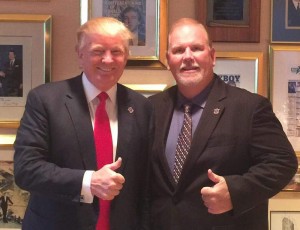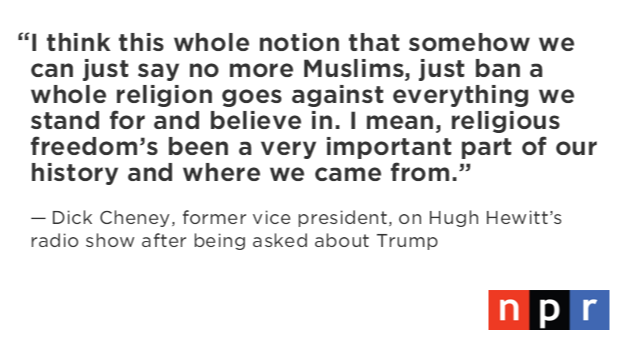The politicians from both parties are owned by the same group of wealthy special interests. These bipartisan wealthy special interest groups actually receive the vast majority of tax dollars. The politicians use half-assed trickery to keep us divided over wedge issues like abortion or universal healthcare, as if an allegedly more or less efficient health care system has more of an effect on everyday people’s finances than the fact that we are all slaving away and paying so much taxes to fund Big Oil, the prison industry, the military industry, and the likes of terrorist-creating Saudi Arabia and Halliburton, regardless of which party wins. Both parties work for the same people and use their vast campaign contributions to play the constituents like pawns.
This isn’t crazy tinfoil hat stuff. When asked, almost any journalist would acknowledge it, and even the politicians themselves acknowledge it. Money controls politics. That’s not a conspiracy theory. The inertia of the system is indeed so strong that it doesn’t require some kind of ridiculous super-secrecy. Rather, it’s as simple and open as when you or I choose to buy shoes that are 10 cents less expensive even though the reason the shoes are less expensive is because those shoes were made by child slaves. Politicians aren’t different from us. They are just like us. That’s the problem. We–all of us–are the problem. Trust in authority is foolish and dangerous.
I have made a few posts criticizing Donald Trump. I think his proposals are horrendous. However, it’s very understandable why many people would support him: He’s a non-establishment candidate.
We are used to getting slapped hard on one certain side of our face every day by the bipartisan establishment. Trump is proposing to slap us on the other side of our face instead. Some people support him because they are sick of getting slapped on the first side of their face. I don’t think that’s a solution, but neither is sticking with the status quo. I think those who support Trump are foolish to support him, but I feel the same about anyone who supports any establishment candidate too. Any candidate who has to raise millions or billions of dollars just to be a plausible candidate is inherently an establishment candidate. Donald Trump is only able to sneak his alternative brand of crazy into the mix as opposed to the crazy status quo because he has a lot of money.
When watching the following video, remember just-as-crazy-as-Trump politicians like these from both parties are the people who decide which Americans are the millions of human beings who end up in prison for things like marijuana. They decide who pays taxes and how much. They decide how many hours you have to work each week just to pay for this. A lot of people have opinions about welfare; politicians like these from both parties are responsible for the fact that the vast majority of welfare is in the form of corporate welfare which goes to wealthy special interests who hand a cut of the money right back to the politicians. Say what you want about giving to the poor; that’s simply not where most of the taxes go.
The video focuses on a particular wedge issue and thus deals a lot more with Republicans and Trump. But I assure you Democrats are just as bad and just as frequently use equally idiotic arguments to play us like pawns over their wedge issues. The irony is that without the politicians’ idiotic contributions to the public debate we almost all agree even on the wedge issues, demonstrated in regard to abortion here.
What’s most relevant to everything I said above is that in this video I have to give the point to Donald Trump.
Point: Trump. Establishment candidates are just as awful as Trump; we’re merely accustomed to their awfulness. We’re equally as foolish to support establishment candidates as to support Trump. We’re equally foolish to support either the Democrats or the Republicans at all as we would be to be a Trump-supporter. The instinct to go for the allegedly lesser of two evils is why the wedge issues work and is why so many people support Trump.
Your lesser than two evils might be different than mine. We cannot afford to continue to be divided and conquered.
What do you think? Please leave a comment below.

